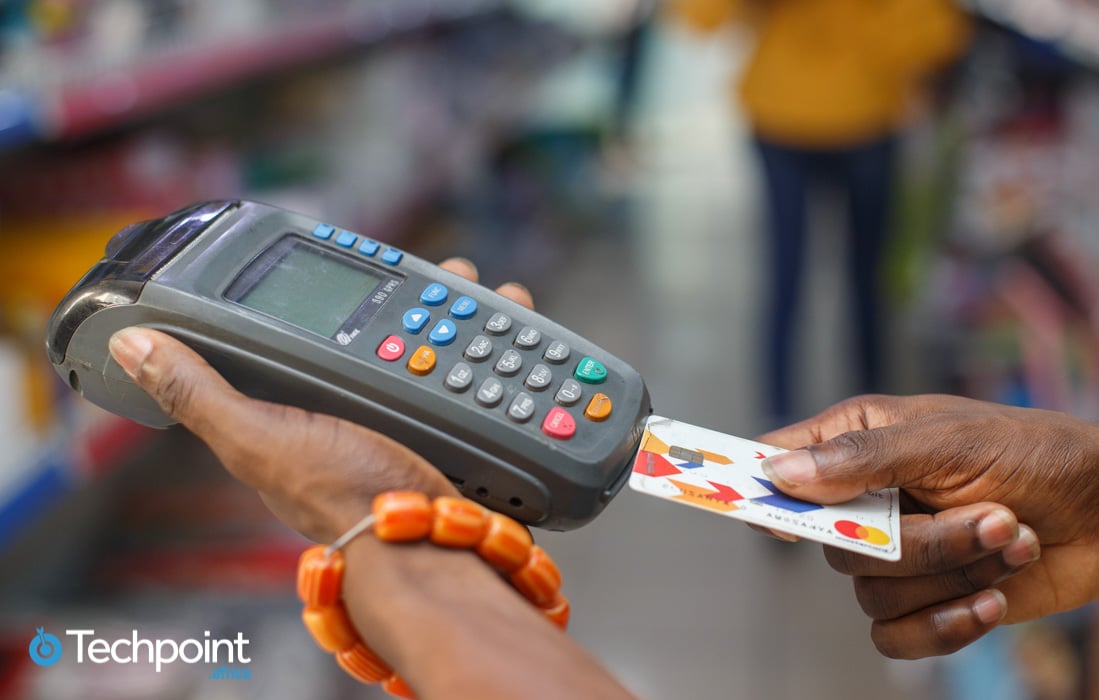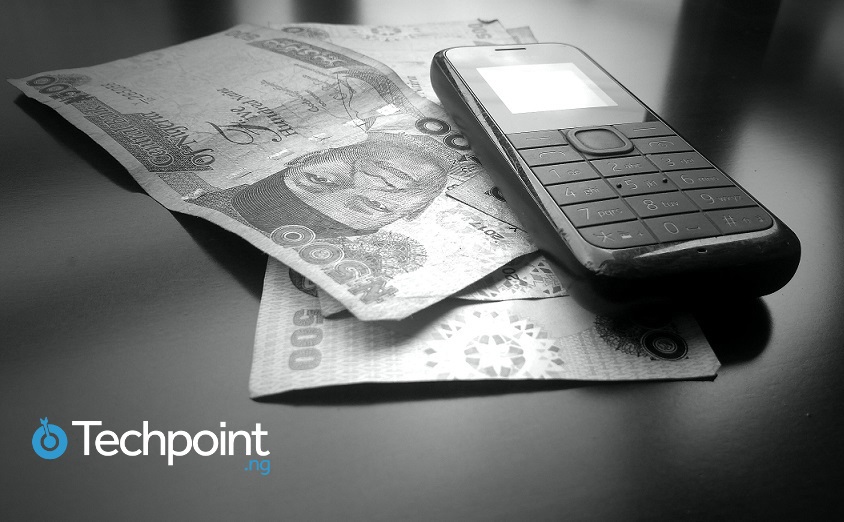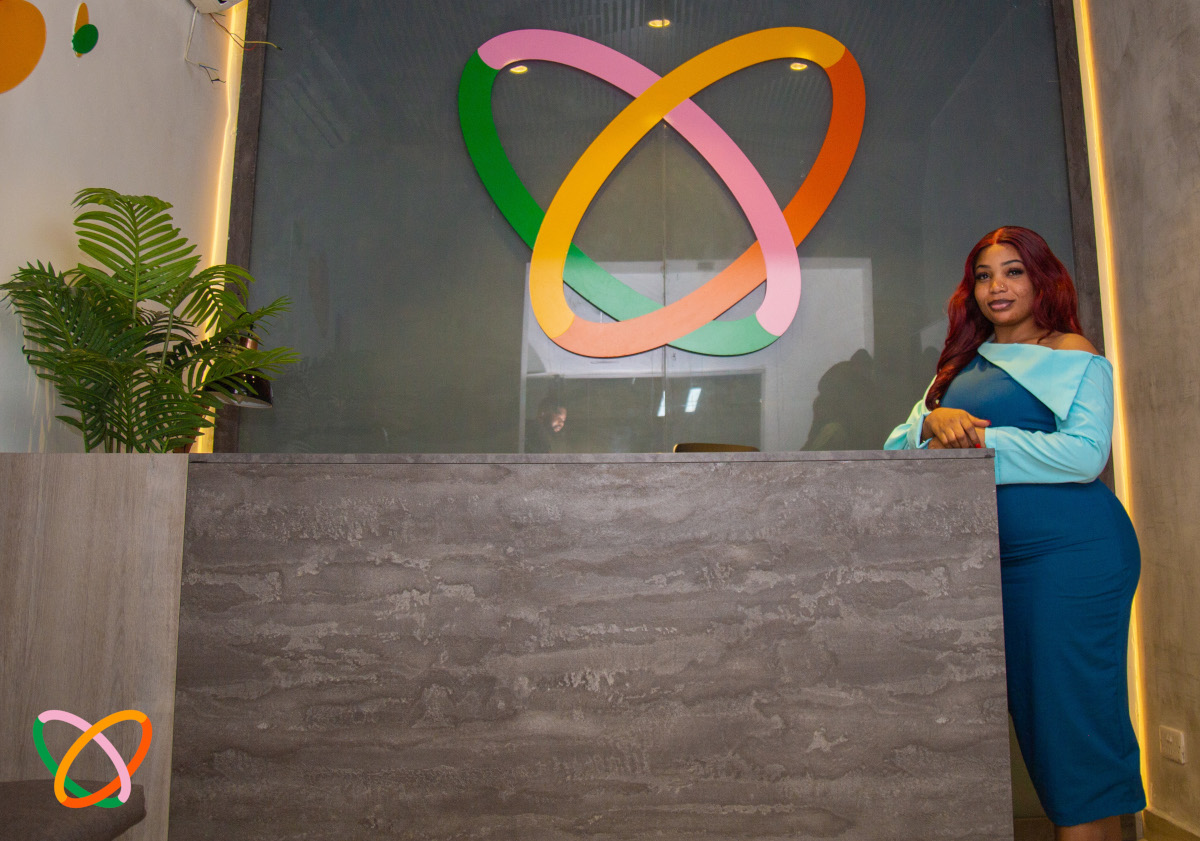Nigeria’s banking and fintech sector has been growing in leaps and bounds with some experts claiming that Nigeria’s financial system is one of the most advanced in the world. Despite this, a majority of Nigerian adults fall into the categories of underbanked, unbanked, and financially excluded.
As of September 27, 2020, the Nigeria Inter-Bank Settlement System (NIBSS), placed the number of adults with a bank verification number (BVN) at 43.6 million. Live data from the World Population Review shows that Nigeria has 99.6 million adults.
This means that in 2020, ~56 million (56%) Nigerian adults are unbanked. As of 2018, Enhancing Financial Innovation and Access (EFInA) put this figure at 60 million, implying that 4 million adults have since gained access to formal banking services.
Also, as of 2018, about 36.8% of Nigeria’s adult population (over 30 million people) did not have access to any formal or informal financial services/products.
Regulatory interventions from the Central Bank of Nigeria (CBN), the presence of 22 commercial banks, 902 microfinance banks, and a number of other financial institutions have failed to solve this problem.
Then came a massive influx of financial technology companies to disrupt the industry.
A report by McKinsey & Company tagged “Harnessing Nigeria’s FinTech potential” reveals that fintech companies are developing products across the entire value chain of the financial services industry.
And today, there are startups offering services in payments, savings, digital banking, lending, insurance, wealth management, and merchant solutions.
However, PricewaterhouseCoopers (PwC), McKinsey & Company, and the Economist Intelligence Unit (EIU) all affirm that many fintechs in Nigeria seem to be more concerned with disrupting payment systems in the retail segments of the financial services value chain.
Another massively developed sub-sector is that of micro-lending. Compared to other sub-sectors, this appears to be the most developed.
According to PwC, the high number of unbanked adults, coupled with a large youthful population, and increasing smartphone penetration, have fueled massive investments in fintech companies
A look at Techpoint Africa’s startup funding report for the last two years shows that fintech companies have received the largest amount of funding compared to other sectors.
Though PwC envisages that some fintech companies, depending on the sub-sector, stand to either benefit or be affected by the pandemic, there is a sense that these companies are barely scratching the surface of its huge potential.
Fintech and financial inclusion

Despite the disruptions, a hard look at the facts and Nigeria’s economic terrain does not show how much fintechs have actually deepened financial inclusion.
McKinsey & Company and the EIU both posit that fintech companies mainly offer services to those already in the banking sector. Apparently, the main focus has been to assuage some of the frustrations of using the country’s financial services sector.
For example, micro-lending platforms like Branch, Carbon, or Aella Credit eased the problem of getting personal loans for many individuals. Some commercial banks like Guaranty Trust Bank and Access Bank have since followed with cheaper interest rates.
The likes of PiggyVest and Cowrywise mainly encourage savings with higher interest rates, and digital banks like Kuda try to ease the burden of having to physically visit a bank. Payment switch companies, Flutterwave and Paystack, are helping several retailers receive payments.
However, providing a BVN is a prerequisite for using any of these services. This means those without a bank account are unable to access these services.
As Ope Adeoye, a fintech expert and proponent of Open Banking Nigeria, said in a discussion with Techpoint Africa, a major way to rapidly develop financial inclusion will be through agency banking.
Indeed, the CBN’s introduction of agent banks and mobile money operators seems to hold much promise.
In the past few years, the likes of Paga, OPay, and some Nigerian telcos have doubled down on efforts to reach unserved areas across Nigeria.
Though NIBSS’ records show that the use of POS terminals (a common device for banking agents) has rapidly increased in recent times, the pandemic and lockdown slowed its growth.
As of 2018, EFInA revealed that 71.3% of adult mobile phone users were still financially excluded.
As we explained in this article, the activities of agent banks and mobile money operators mainly aided payments and remittances, but other services like loans, pensions, and insurance might still be out of reach.
Though it’s not clear how much fintech companies have impacted financial inclusion, the EIU posits that the jury is still out as there’s no clear causal link.
An opportunity and a problem
McKinsey & Company believe that the large percentage of Nigeria’s unbanked adults presents an opportunity that fintechs can harness. According to its report, customers tend to value access and convenience, hence more of them are increasingly using these fintech platforms.
“Further evidence of the importance customers place on access and convenience can be seen in the success of players such as OPay and Quickteller, which have successfully grown their customer base through use cases integrated with customers’ lifestyles, making their lives easier when it comes to travelling, eating, and shopping,” the report says.
Despite these benefits and the investor attraction, it believes fintech’s full potential is not being harnessed.
According to McKinsey’s Global Banking Pool, fintech accounted for only around 1.25% of retail banking revenue in 2019. Also, the sector mainly receives funding from foreign investors, and though fintech investment grew to $460 million in 2019, it is just a small portion of the $36 billion invested globally.
McKinsey attributes the unrealised potential to the fact that fintechs have shown little appetite for developing commercially viable use cases to serve the mass market segment. This, of course, would require significant investment.
However, despite McKinsey’s claim, the Nigerian business terrain presents a puzzle with which most people are familiar.
Despite the purported large market, entrepreneurs have to consider the size of the addressable market. For this, things like active Internet users and the earning power of the population have to be considered.
Though regulations have been somewhat progressive, they also limit the extent to which these fintech companies can truly offer the full range of services that will impact financial inclusion.












